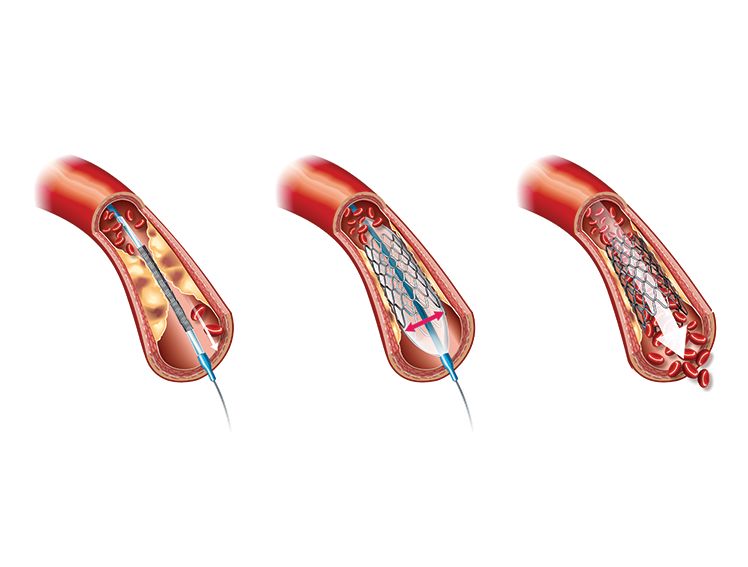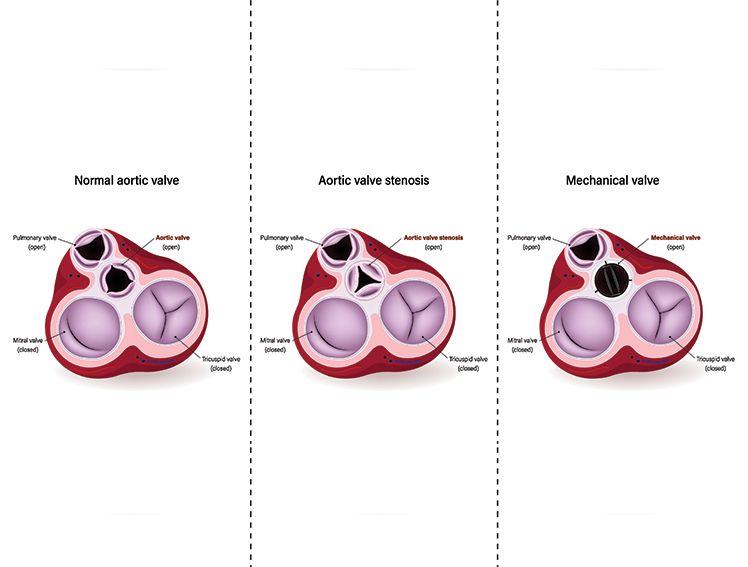
Cardiac Risk During Winter: Why Heart Attacks Spike and How to Prevent Them
Introduction
Winter brings cooler temperatures, cosy evenings, and festive celebrations. But for many, this season can also bring an increased risk to heart health. Studies have shown that heart attacks and other heart-related issues spike during the winter months.[1] The combination of colder weather, changes in activity levels, and seasonal habits can place additional strain on the heart, especially for those with pre-existing conditions. Understanding why this happens and how to protect your heart during the colder months is key to staying healthy.
Winter and Heart Health
The winter season affects your heart in more ways than one. It's not just about heart attacks—other heart-related conditions like angina (chest pain), irregular heartbeats, and worsening of chronic heart diseases also tend to increase in winter. Blood arteries narrow in cold temperatures, which makes it more difficult for blood to flow and puts more strain on the heart. The combination of temperature changes, reduced physical activity, and seasonal stress can make winter a challenging time for those with heart concerns.
Whether you're healthy or already have a heart issue, being aware of how winter affects your heart is critical to maintaining excellent cardiovascular health.
Why Heart Attacks Spike in Winter
Heart attack cases are known to rise during the colder months, and here's why:[1]
1. Cold Weather's Effect on Blood Vessels:
Cold temperatures constrict blood arteries, raising blood pressure and making the heart work harder to pump blood. For people with narrowed or blocked arteries, this added strain can trigger a heart attack.
2. Increase in Blood Pressure:
Cold weather doesn't just make you shiver—it can also cause your blood pressure to rise. High blood pressure is a major risk factor for heart attacks, and the winter months can worsen it, especially for those already at risk.
3. Winter Activities and Exertion:
Lifting heavy objects, or even intense physical activity in the cold can put sudden stress on the heart. Many people underestimate the physical strain of these activities, leading to an increased risk of heart problems.
4. Reduced Physical Activity:
During winter, people tend to stay home and exercise less. This lack of activity can result in weight gain, elevated cholesterol levels, and impaired circulation, all of which add to heart risk.
5. Seasonal Changes and Blood Clotting:
Winter months see an increase in blood clotting activity, which can block arteries and cause heart attacks. Dehydration during colder weather can also thicken the blood, increasing the likelihood of clot formation.
Recognizing the Warning Signs of a Heart Attack
Being able to identify the early signs of a heart attack can save lives. Acting quickly and seeking medical attention at the first sign of trouble can prevent complications and improve outcomes.[2]
Typical Heart Attack Symptoms:
Chest pain or discomfort is often described as a feeling of heaviness, pressure, or squeezing.
Pain that radiates to the arms, neck, jaw, or back.
Shortness of breath, even when at rest.
Nausea, vomiting, or dizziness.
Cold sweats or an unusual feeling of fatigue.
Differences in Symptoms Among Individuals:
Heart attack symptoms can vary. Women, for example, may experience less obvious symptoms like extreme fatigue, indigestion, or jaw pain rather than classic chest pain. Older adults or people with diabetes may have milder symptoms or none at all, which can delay seeking help.
Importance of Early Recognition:
Time is critical during a heart attack. The sooner you recognize the symptoms and seek medical attention, the better your chances of recovery. Don't dismiss unusual pain or discomfort and get help immediately.
Preventive Measures to Lower Cardiac Risk in Winter
Prevention is always better than cure, and there are several steps you can take to lower your cardiac risk during the colder months:[2]
Stay Warm:
Dress in layers, wear a scarf or mask over your nose and mouth, and keep your home warm to avoid exposing your body to extreme cold.
Stay Active:
Regular exercise keeps your heart healthy. Opt for indoor exercises like yoga, stretching, or walking on a treadmill if it's too cold outside.
Eat a Heart-Healthy Diet:
Include plenty of fruits, vegetables, whole grains, and healthy fats in your diet. Avoid salty and fried foods that can increase blood pressure and cholesterol levels.
Manage Stress:
Winter often brings holiday-related stress, which can affect your heart. Practice relaxation techniques like meditation or deep breathing to stay calm.
Limit Alcohol and Smoking:
Both alcohol and smoking increase your cardiac risk. Reducing or eliminating these habits can significantly improve your heart health.
Stay Hydrated:
Even in cold weather, your body needs adequate hydration to maintain good circulation and prevent blood thickening.
When Should One Seek Medical Attention?
You should never ignore warning signs of heart problems, especially during winter. Seek immediate medical attention if you experience:
Severe chest pain or discomfort.
Sudden shortness of breath.
Fainting or lightheadedness.
Unexplained pain in the arms, jaw, or back.
It's better to be cautious and seek help than to risk delaying treatment. If you have a history of heart problems, regular check-ups during winter can also help manage your condition effectively.
Treatment Options for Heart Health in Winter
When it comes to managing cardiac risks during winter, timely treatment plays a critical role. For those already experiencing heart issues, treatment often involves a combination of lifestyle changes, medications, and, in some cases, medical procedures. Medications can help control blood pressure, cholesterol levels, and other contributing factors. In severe cases, minimally invasive procedures or surgeries can restore proper heart function and prevent complications.
MeRes100 Bioresorbable Scaffold by Meril
The MeRes100 Bioresorbable Scaffold by Meril is an innovative solution for coronary artery conditions. Unlike traditional stents, this scaffold is designed to dissolve naturally over time, leaving the artery free of permanent implants. It provides essential support to the artery during the critical healing phase and gradually resorbs, restoring natural vessel function.
Conclusion
Winter can be tough on your heart, but with the right precautions, you can reduce your risk and enjoy the season to its fullest. Understanding why heart attacks and other heart-related issues increase in winter is the first step toward protecting yourself. Stay warm, maintain a healthy lifestyle, and be mindful of any symptoms.



